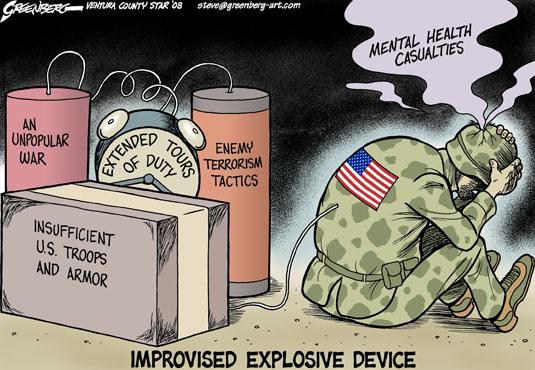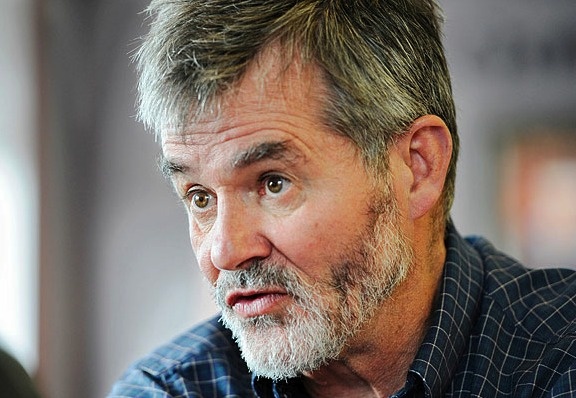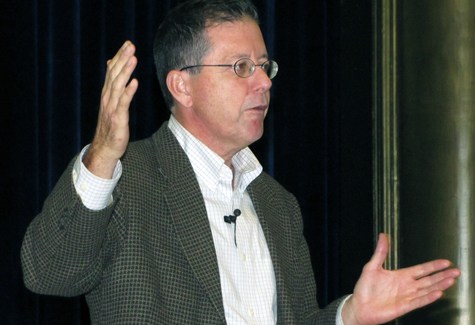
Here is my final blog posting from the NAMI convention.
Musings about NAMI convention by Greg Arms
This year I attended the NAMI conference in Texas. Opening day I saw an array of people from various ethnic, religious, cultural, and regional areas across the world. In addition, I met psychologists, psychiatrists, counselors, social workers, students, and professors. Any profession within the mental health field was represented at NAMI.
One profession I was shocked to see was a grade school teacher I met. It was bittersweet because on one hand she was there for her students on the other hand she was there because of her students. She discussed the rise in mental health diagnoses that she has seen with her kids over the years. I was saddened yet impressed with her willingness to learn.







